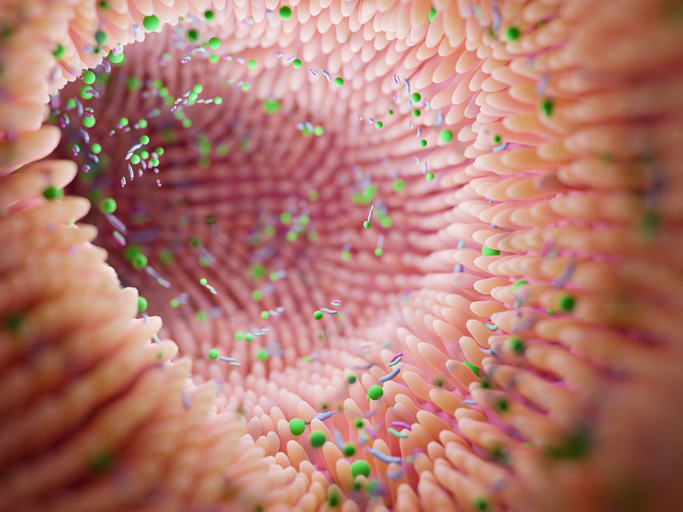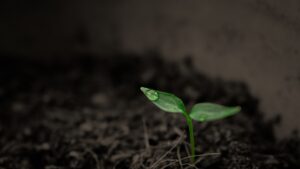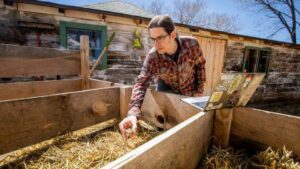University aims to advance interdisciplinary research in microbiome dynamics, promising significant impacts on health, agriculture and environmental sciences.
The recent recruitment of three microbiome scientists at Texas A&M University could propel the institution to the forefront of a field that explores the intricate dynamics of microscopic biological communities and their effects on soil, plant, animal and human health.
The significance of microbiome research is increasingly recognized across the spheres of agriculture, health and environmental sciences. It is particularly noted for its high potential for interdisciplinary collaborations, a perspective shared throughout the Texas A&M College of Agriculture and Life Sciences.
According a TAMU news release, executive associate dean Patricia Klein said the decision to recruit a cluster of microbiome experts stemmed from the faculty’s strategic priorities.
The new hires—Joseph Edwards, assistant professor in the Department of Plant Pathology and Microbiology; Erick Motta, assistant professor in the Department of Entomology and Ying Wang, assistant professor in the Department of Soil and Crop Sciences—bring a diverse range of expertise in microbiome research, from soil and plant interactions to the gut microbiome in animals and humans. This breadth of knowledge is expected to advance the field of microbiome science, illuminating the interactions of microorganisms and their impact on the environment and health.
“Science is never static,” Klein stated. “We are always trying to move the needle, and microbiome research is a field where many scientists would agree that much bigger breakthroughs are on the horizon. As a college within a land-grant institution, we want to be in a position to lead in a field that has such broad and significant implications across agriculture and the life sciences.”
The hiring process highlighted a cooperative approach within the College, where departments were aware that the positions would be filled by scientists with complementary research focuses, enhancing the potential for collaborative innovation.
Klein expressed enthusiasm about the quality of the applicants and the collaborative potential they bring: “I think applicants realized the opportunity for collaboration and that the College was investing in a group of scientists in this specific area. They were all excited about having an opportunity to work with colleagues across departments and to find collaborative ways to move their own work, the cooperative work, and the scientific field forward. And, I have to say the applicant pool was incredibly strong, and we landed three incredibly talented scientists.”
The cluster hire is not only a strategic move to bolster research but also aims to support the scientists in their roles as researchers, faculty members, and mentors to foster a successful integration into the College’s objectives and community.
For more information about each researcher, read Trio of scientists to unlock mystery, power of microbiome – AgriLife Today (tamu.edu)













